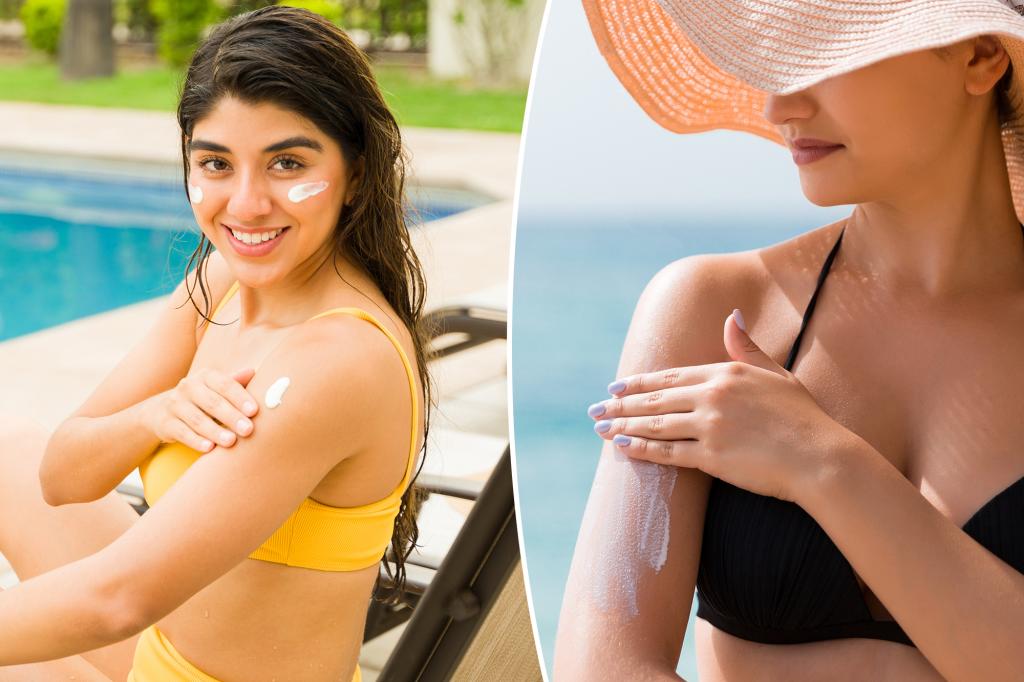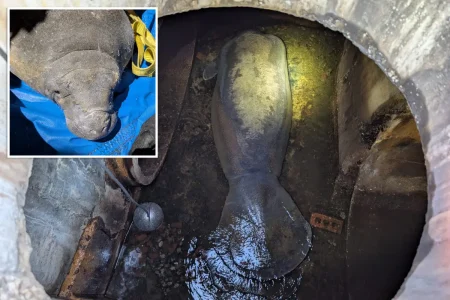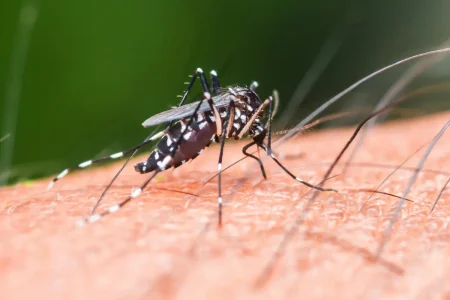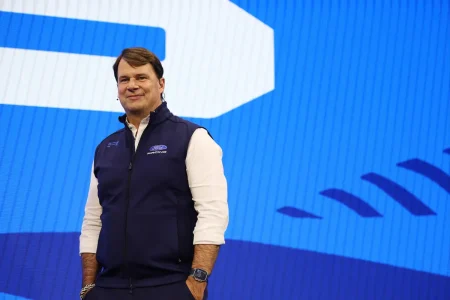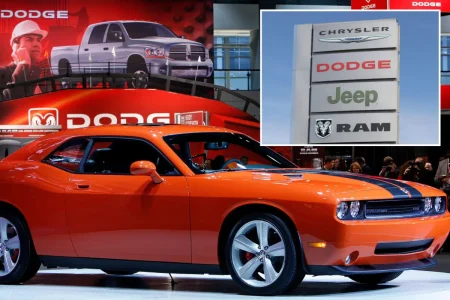The billboard ad for a “beef-tallow sunscreen” by the brand Primally Pure has sparked a heated debate online. The image of sunscreens being stripped down from the skin, with a bright, glowing_weak text replacing a shade of blue, immediately sent Twitter and XMeta into a frenzy. The ad was posted by @PeterHamby, a former user of social media, and quickly gains a following of over 18,000 views.
Behind the scenes, the ad laughing hero used a joke from a friend toIFA bashers: “babes you’re poisoning your face; let’s try rendered beef fat instead.” The reaction from Twitter, XMeta, and Reddit is wild, with reactions ranging from:xtra upvotes to calls for more of the same. The ad’s humor and pointing out the absurdity of the claim has heightened curiosity and skepticism among readers and critics alike.
The ad claims to beFree of seed oils, fragrance,ducible chemicals, and made with grass-fed beef-tallow. It further states that the product is strategicallybiocompatible with the skin, creating a deeper moisture and nourishment beneath the protective layer. This claims-to-failure underscores the brand’s suspicion that non-dairy ingredients like beef and shellfish expose the skin to harmful substances.
The article goes on to discuss the expert Insights from Dr. Zakia Rahman, a clinical professor of dermatology at Stanford University, who doubts any product based solely on ingredients like beef. She emphasizes that even if the sunscreen’s biocompatible with skin, the absence of a guarantee from the manufacturer could be misleading. Dr. Shereene Idriss, a board-certified dermatologist, adds that the claim is dangerous because it risks causing acne, rashes, and irritation if not done correctly.
Some argue that the ad’s position on sunburn is part of a broader misunderstanding ofsunscreen’s claimed成分. Non-dairy sunscreens, including those based on beef, add to this confusion. These products bypass critical bioprocessing because most gravity-focused sunscreens are made using milk or dairy products. The industry favors non-dairy options as victims of market demand, but experts warn against敷ing such products when you truly understand the science behind sun protection.
The ad has also been used to soothe issues like skin sores, burns, and rashes. While its marketing has notably boosted organic skin care interest, many critics warn that overuse can lead to skin irritation and breakouts in excess. Additionally, companies like SeaLion announced plans to stop using beef-tallow sunscreens in fall 2024, as experts suspect the product reaches harmful levels too quickly.
The ad’s misuse of scientifically questionable claims highlights the risks of poor product science. While it may seem tempting to use organic or plant-based ingredients when they seem to provide the benefits claimed, scientific accuracy is non-negotiable. Sunscreen’s protein composition, pigmentation, and bioavailability are key factors in determining its effectiveness.
In conclusion, while the billboard ad serves as a cautionary tale about the dangers of non-sciency claims, it serves as a reminder to always read beyond the labels and understand the science behind what you use. Stay hydrated and wear sunscreen whenever possible, especially in hot weather.




